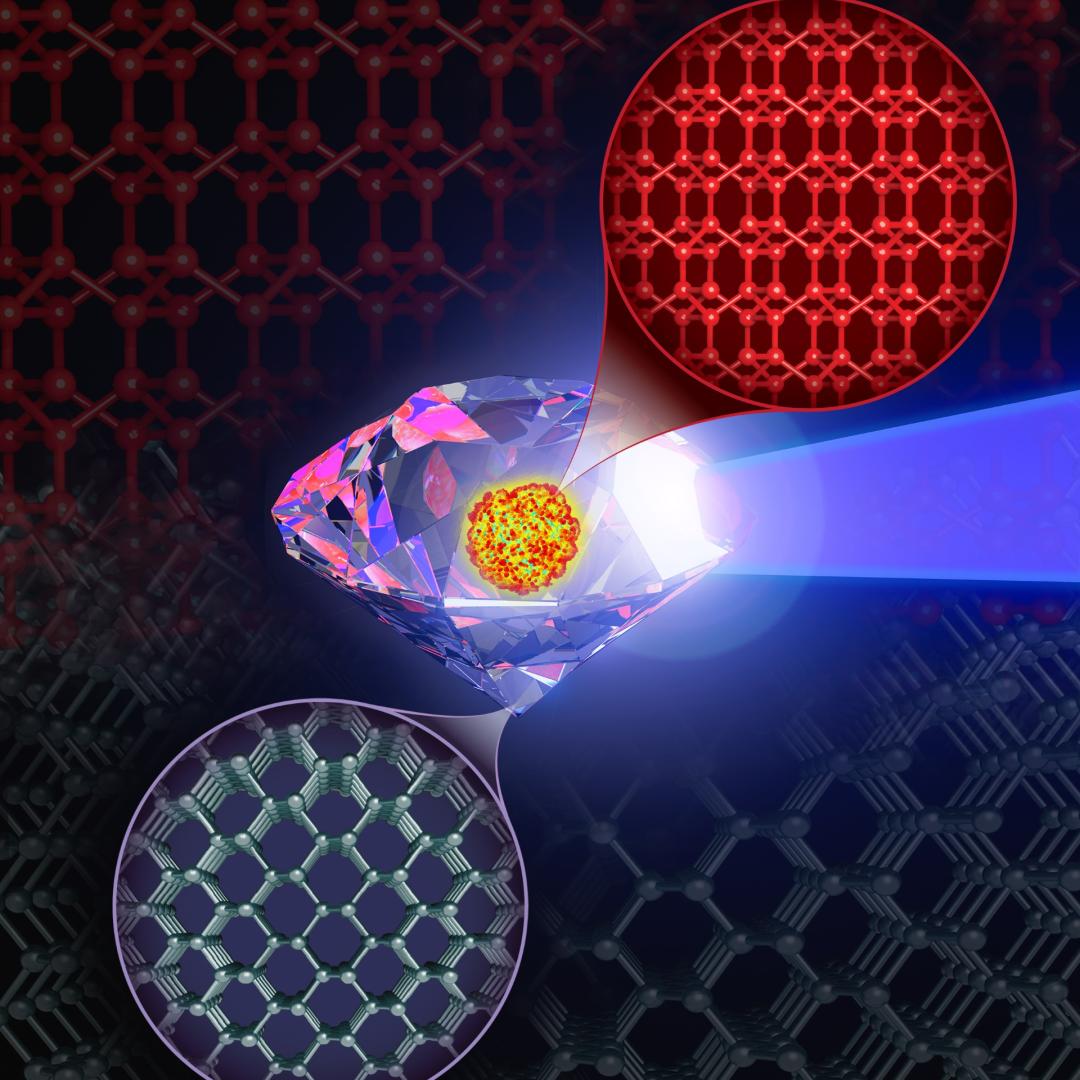
Filter News
Area of Research
News Type
News Topics
- (-) Advanced Reactors (6)
- (-) Big Data (8)
- (-) Biomedical (11)
- (-) Biotechnology (1)
- (-) Cybersecurity (3)
- (-) Energy Storage (9)
- (-) Environment (15)
- (-) Isotopes (5)
- (-) Mercury (1)
- (-) Microscopy (3)
- (-) Neutron Science (14)
- (-) Physics (10)
- (-) Polymers (2)
- (-) Space Exploration (1)
- 3-D Printing/Advanced Manufacturing (17)
- Artificial Intelligence (6)
- Bioenergy (6)
- Biology (3)
- Chemical Sciences (4)
- Clean Water (2)
- Climate Change (3)
- Computer Science (23)
- Coronavirus (12)
- Exascale Computing (2)
- Fusion (10)
- Grid (3)
- High-Performance Computing (2)
- Machine Learning (3)
- Materials (2)
- Materials Science (17)
- Mathematics (2)
- Molten Salt (1)
- Nanotechnology (9)
- National Security (2)
- Nuclear Energy (21)
- Quantum Science (8)
- Security (2)
- Summit (7)
- Sustainable Energy (7)
- Transformational Challenge Reactor (3)
- Transportation (7)
Media Contacts
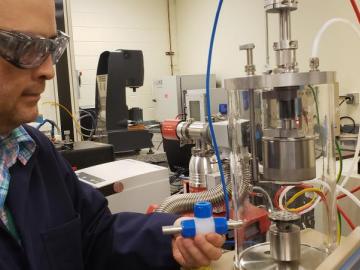
Four research teams from the Department of Energy’s Oak Ridge National Laboratory and their technologies have received 2020 R&D 100 Awards.


Rufus Ritchie came from Kentucky coal country, a region not known for producing physicists.
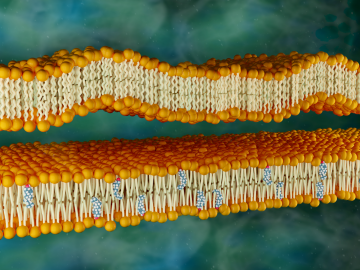
Neutron scattering at ORNL has shown that cholesterol stiffens simple lipid membranes, a finding that may help us better understand the functioning of human cells.
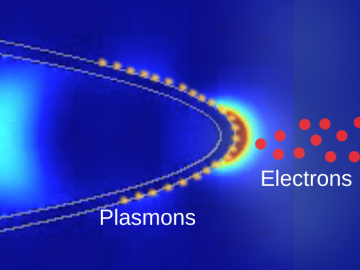
Scientists at ORNL and the University of Nebraska have developed an easier way to generate electrons for nanoscale imaging and sensing, providing a useful new tool for material science, bioimaging and fundamental quantum research.

Radioactive isotopes power some of NASA’s best-known spacecraft. But predicting how radiation emitted from these isotopes might affect nearby materials is tricky
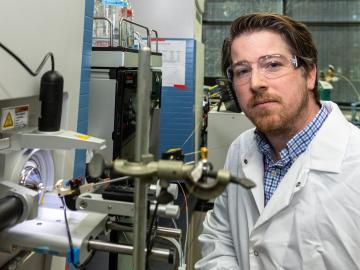
Systems biologist Paul Abraham uses his fascination with proteins, the molecular machines of nature, to explore new ways to engineer more productive ecosystems and hardier bioenergy crops.

Two staff members at the Department of Energy’s Oak Ridge National Laboratory have received prestigious HENAAC and Luminary Awards from Great Minds in STEM, a nonprofit organization that focuses on promoting STEM careers in underserved
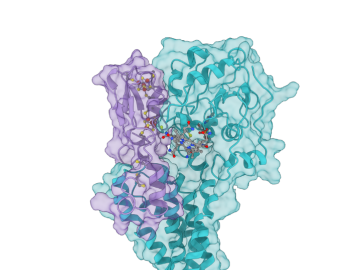
A team led by ORNL created a computational model of the proteins responsible for the transformation of mercury to toxic methylmercury, marking a step forward in understanding how the reaction occurs and how mercury cycles through the environment.


